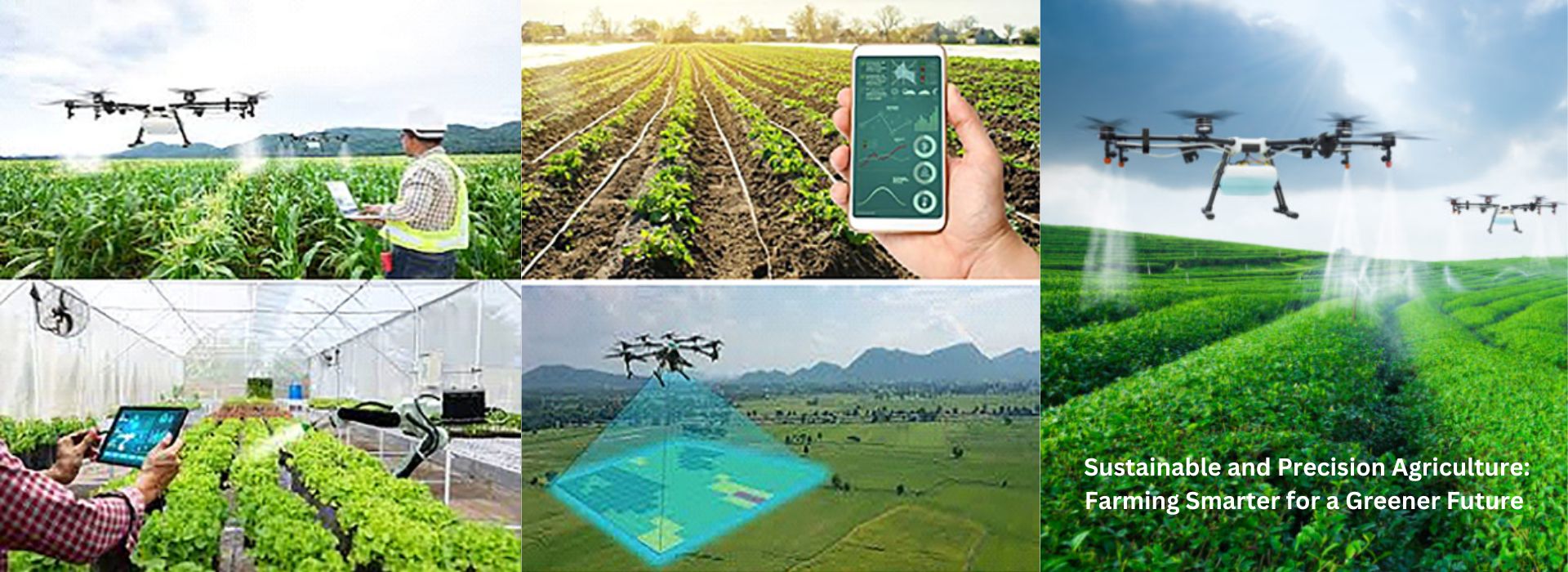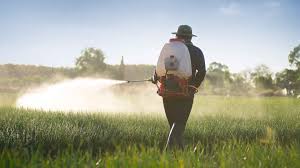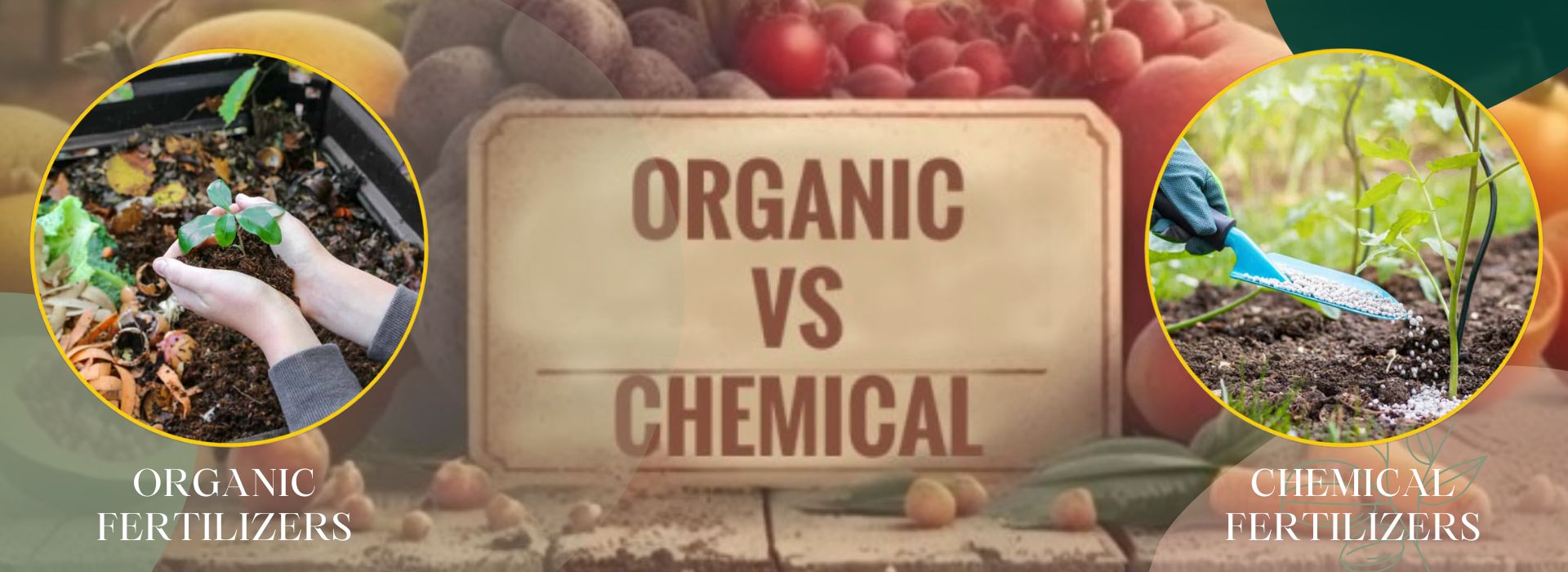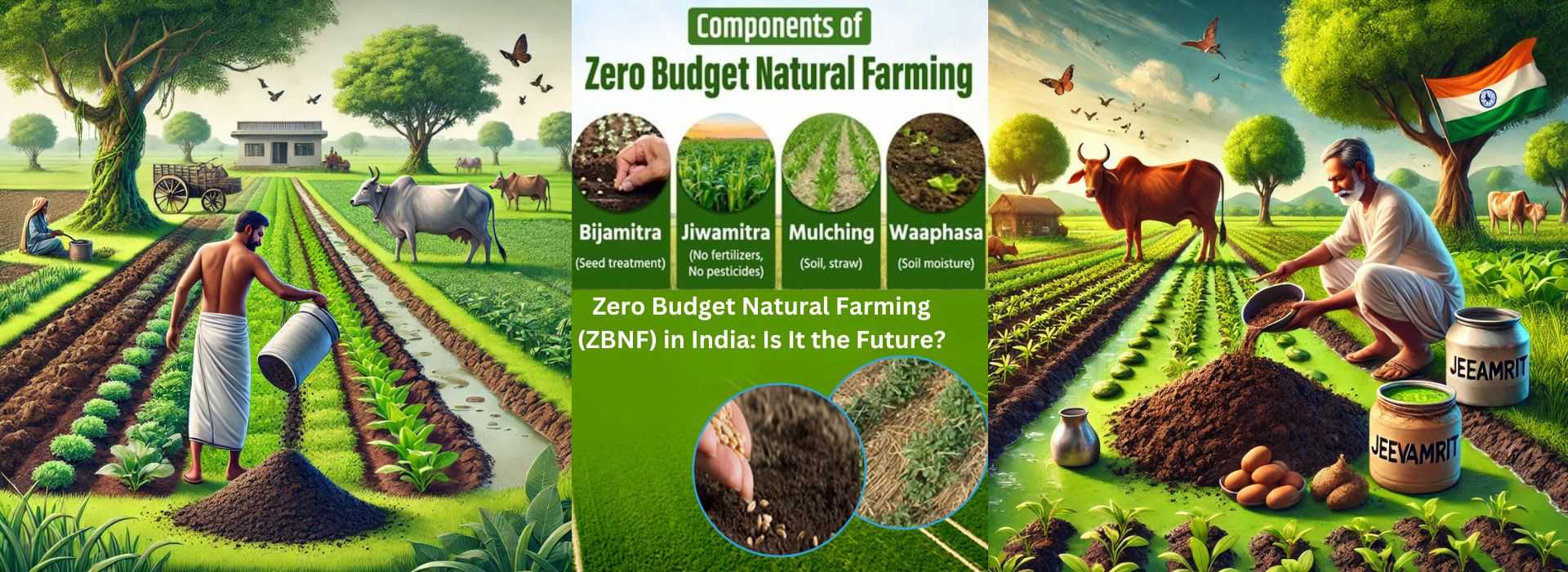Sustainable and Precision Agriculture: Farming Smarter for a Greener Future
December 30, 2024Sustainable
and Precision Agriculture: Farming Smarter for a Greener Future
Agriculture
has always been the backbone of human civilization, but as the global
population grows and environmental challenges intensify, traditional farming
methods face unprecedented pressure. Enter sustainable and precision
agriculture, a combination of eco-friendly practices and cutting-edge
technologies that promise to revolutionize farming. This blog explores how
these approaches are shaping the future of agriculture while addressing the
need for sustainability and efficiency.
What
is Sustainable Agriculture?
Sustainable
agriculture emphasizes practices that meet current food needs without
compromising future generations' ability to produce. It focuses on maintaining
the balance between agricultural productivity and environmental health.
Key
principles include:
- Soil Health
Management: Using
organic matter, crop rotation, and cover cropping to enrich the soil.
- Water
Conservation: Employing
efficient irrigation methods like drip irrigation to minimize water
wastage.
- Biodiversity
Preservation: Promoting
diverse cropping systems and protecting natural habitats.
- Reduced
Chemical Use: Opting for
organic fertilizers and integrated pest management to minimize chemical
inputs.
What
is Precision Agriculture?
Precision
agriculture uses technology to optimize farming practices by analyzing data and
applying inputs like water, seeds, and fertilizers in precise amounts. It
enhances resource efficiency and reduces environmental impact.
Core
technologies include:
- GPS and GIS
Mapping: Creating
detailed field maps for accurate monitoring of soil and crop conditions.
- Sensors and
IoT: Providing real-time data on
weather, soil moisture, and crop health.
- Drones and
Satellites: Offering
aerial views for crop surveillance and early pest detection.
- Machine
Learning and AI: Predicting
yields, analyzing risks, and providing tailored recommendations.
The
Intersection of Sustainability and Precision Agriculture
The
fusion of sustainable practices with precision agriculture is a game-changer.
Here’s how:
1.
Optimized Resource Use
Precision
technologies ensure that water, fertilizers, and pesticides are used
efficiently, reducing waste and conserving resources. For instance, drip
irrigation combined with soil moisture sensors delivers water directly to plant
roots, cutting down on water usage.
2.
Enhanced Soil Health
Sustainable
practices like cover cropping, combined with precision soil mapping, help
maintain soil fertility and structure. This reduces the need for chemical
fertilizers, which can degrade soil over time.
3.
Reduced Carbon Footprint
By
minimizing the overuse of inputs and adopting renewable energy solutions,
farmers can lower greenhouse gas emissions. Precision tools further help in
monitoring carbon sequestration in soils, promoting climate-positive farming.
4.
Improved Crop Yields
Precision
agriculture maximizes productivity by identifying specific needs within fields.
Meanwhile, sustainable methods ensure long-term fertility, enabling consistent
yields.
Case
Studies: Success Stories in Action
Case
1: Rice Farming in Tamil Nadu
Farmers
in Tamil Nadu adopted a combination of precision irrigation and organic
fertilization. Using IoT-enabled soil moisture sensors, they reduced water
usage by 30% while boosting yields by 20%.
Case
2: Vineyard Management in Maharashtra
Maharashtra’s
grape farmers used drones for monitoring pest infestations and GPS for targeted
spraying. This reduced pesticide use by 40% and improved fruit quality, leading
to better export opportunities.
Case
3: Regenerative Farming in Rajasthan
By
integrating precision tools with traditional sustainable methods, Rajasthani
farmers restored degraded lands, improved water retention, and increased crop
diversity, achieving a 25% rise in income.
Benefits
of Sustainable and Precision Agriculture
- Environmental
Protection: Minimizes
pollution and conserves natural resources.
- Economic
Gains: Reduces
input costs and increases profitability.
- Resilience: Builds resilience against climate change
and market fluctuations.
- Scalability: Precision tools enable scalability for
both small and large farms.
Challenges
in Adoption
Despite
its benefits, adoption faces hurdles:
- High Initial
Costs: Precision
tools and sustainable practices require significant investment.
- Limited
Awareness: Many
farmers, especially smallholders, lack awareness or training.
- Infrastructure
Issues: Poor
internet and power supply in rural areas can hinder the use of digital
tools.
- Policy
Support: Governments
need to provide incentives and frameworks for widespread adoption.
The
Way Forward
To
accelerate the adoption of sustainable and precision agriculture:
- Government
Initiatives: Subsidies,
training programs, and infrastructure development are crucial.
- Public-Private
Partnerships:
Collaboration between tech companies and agricultural bodies can provide
affordable solutions.
- Farmer
Education: Awareness
campaigns and on-field demonstrations can showcase the benefits.
- Research and
Development: Innovations
tailored to regional needs can make adoption easier and more effective.
Conclusion
Sustainable
and precision agriculture represents the future of farming. By combining
eco-friendly practices with advanced technologies, we can ensure food security,
protect our planet, and empower farmers. This smarter, greener approach not
only addresses current challenges but also sets the stage for a resilient
agricultural sector capable of thriving in the face of global changes.
At krishibazaar.in,
you can find and buy various agricultural products. For agricultural guidance
on selecting the most suitable products for your crops, please contact or
WhatsApp at +917887880887






Guest reviews
No reviews found for this Blog